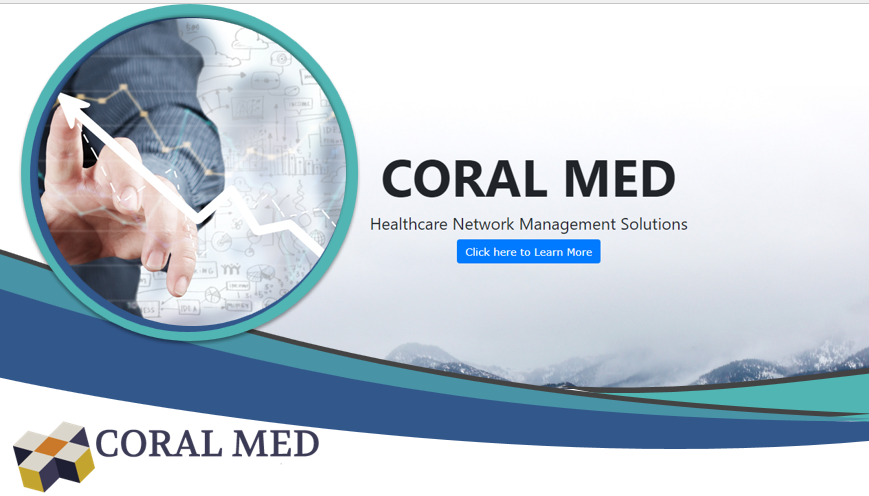Description
This unit focuses on the importance of data validation and cleansing in ensuring healthcare data accuracy, consistency, and integrity. Learners will gain a deep understanding of validation principles, common data quality challenges, and techniques for detecting and correcting errors in healthcare datasets.
The unit explores methods such as range checks, format validation, cross-field verification, and real-time data validation within clinical and administrative systems. Learners will also study data cleaning strategies including standardization, normalization, and duplicate detection to maintain data uniformity across multiple systems.
By the end of this unit, learners will be able to:
Define the concept and importance of data validation in ensuring healthcare data accuracy and reliability.
Identify and explain common data validation techniques, including range checks, format validation, cross-validation, and real-time verification.
Apply data cleaning methods—standardization, normalization, and duplicate removal—to improve data consistency and integrity.
Analyze the impact of poor data quality on patient safety, operational efficiency, and regulatory compliance.
Evaluate the effectiveness of data validation and cleaning tools in automating healthcare data quality management.
Develop a plan for integrating data validation and cleansing procedures into healthcare data workflows.
Assess case studies to understand how data cleansing initiatives improve healthcare outcomes and compliance performance.
Upon successful completion of this unit, learners will be able to:
Demonstrate understanding of the principles and processes of data validation and cleansing in healthcare contexts.
Implement validation rules and data checks to detect errors, missing information, and inconsistencies.
Apply data cleaning workflows to correct inaccuracies and standardize data formats across healthcare systems.
Use automated data quality tools to monitor and maintain ongoing data accuracy.
Assess the relationship between data validation, data quality, and compliance, applying industry frameworks to practical scenarios.
Design and document a data quality assurance process that integrates validation, cleaning, and continuous monitoring.
Evaluate case studies demonstrating measurable improvements in clinical outcomes and reporting accuracy resulting from data validation and cleaning initiatives.
A foundational understanding of healthcare data structures and systems (e.g., EHRs, databases).
Familiarity with basic data management and quality concepts
Interest in data analytics, healthcare quality improvement, or digital health transformation.
Follow Coral Plus LMS policies: participation, integrity, respectful conduct, HIPAA/privacy adherence, timely completion of assessments. 1. Participants should register in advance to receive access details. 2. Access links and passwords, if applicable, should be provided securely to registered participants. 3. Participants are encouraged to join the webinar a few minutes early to resolve any technical issues 4. Participants are responsible for ensuring a stable internet connection, compatible devices (computer, tablet, or smartphone), and recommended browsers. 5. A microphone and webcam may be required for interactive sessions. Please test your audio and video settings in advance. 6. The webinar may be recorded for educational purposes. 7. Recorded sessions may be shared with registered participants after the webinar. 8. Please be mindful not to share personal or confidential information during the webinar. 9. A detailed agenda will be provided, and each session will adhere to the schedule to cover all planned topics. 10. Time will be allocated for Q&A sessions and discussions. 11. A helpdesk or contact information for technical support will be provided during the webinar. 12. Common technical issues will be addressed at the beginning of the session. 13. Relevant resources, such as presentation slides or additional reading materials, will be shared after the webinar.
Healthcare data analysts and quality assurance officers tasked with maintaining accurate and compliant patient data.
Health information management professionals responsible for data entry, validation, and reporting.
Healthcare IT personnel implementing data quality controls within information systems.
Compliance and audit specialists ensuring adherence to data integrity and protection regulations.
Students and professionals in health informatics, data governance, or healthcare analytics seeking practical skills in data quality management.



